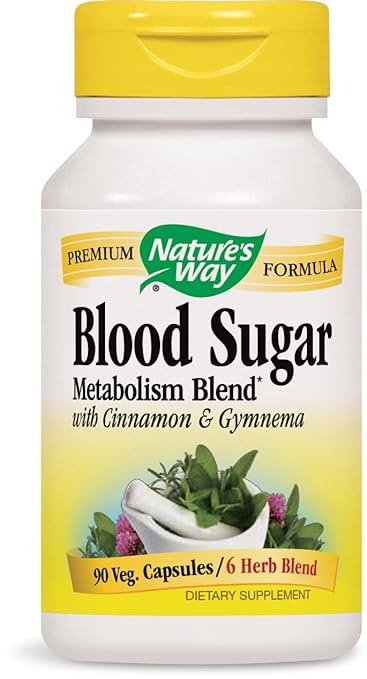Remy
Administrator
As you all probably know, I've been eating a ketogenic (low carb) diet for about 9 months now...and my fasting and post-prandial (after eating) blood sugars are still way higher than they should be based on my diet.
So that means that my liver is making sugar if I'm not ingesting it from external sources. I googled this and found a lot of references to something called the Dawn Phenomenon on diabetes websites. Apparently this is a problem for many people.
Metformin (which I recently started) can help...and I've already noticed my fasting blood sugar has dropped about 10 points in just a few weeks. But it's still too high. The crazy thing is that the longer you go without eating...the more the liver pumps out the glucose and the higher and higher your BS climbs until you stop it by eating. I think this is where the idea for small, frequent meals may come from.
Some suggestions I found in asomewhat crazy but otherwise informative article are to:
1. Consume protein or resistant starch at bedtime. I tried this and no change.
2. Drink a couple alcoholic beverages at night because the liver will be so busy detoxing the alcohol that it won't have time to remember to pump out extra glucose (WTF?). It does say not to start drinking to solve Dawn Phenomenon but really?
3. Take 4-6 apple cider vinegar capsules at bedtime.
So I'm going to try option number 3 and see where it gets me. I love vinegar but even I can't see wanting to drink it at bedtime...
Anybody else take vinegar at bedtime??
So that means that my liver is making sugar if I'm not ingesting it from external sources. I googled this and found a lot of references to something called the Dawn Phenomenon on diabetes websites. Apparently this is a problem for many people.
Metformin (which I recently started) can help...and I've already noticed my fasting blood sugar has dropped about 10 points in just a few weeks. But it's still too high. The crazy thing is that the longer you go without eating...the more the liver pumps out the glucose and the higher and higher your BS climbs until you stop it by eating. I think this is where the idea for small, frequent meals may come from.
Some suggestions I found in asomewhat crazy but otherwise informative article are to:
1. Consume protein or resistant starch at bedtime. I tried this and no change.
2. Drink a couple alcoholic beverages at night because the liver will be so busy detoxing the alcohol that it won't have time to remember to pump out extra glucose (WTF?). It does say not to start drinking to solve Dawn Phenomenon but really?
3. Take 4-6 apple cider vinegar capsules at bedtime.
So I'm going to try option number 3 and see where it gets me. I love vinegar but even I can't see wanting to drink it at bedtime...
Anybody else take vinegar at bedtime??













